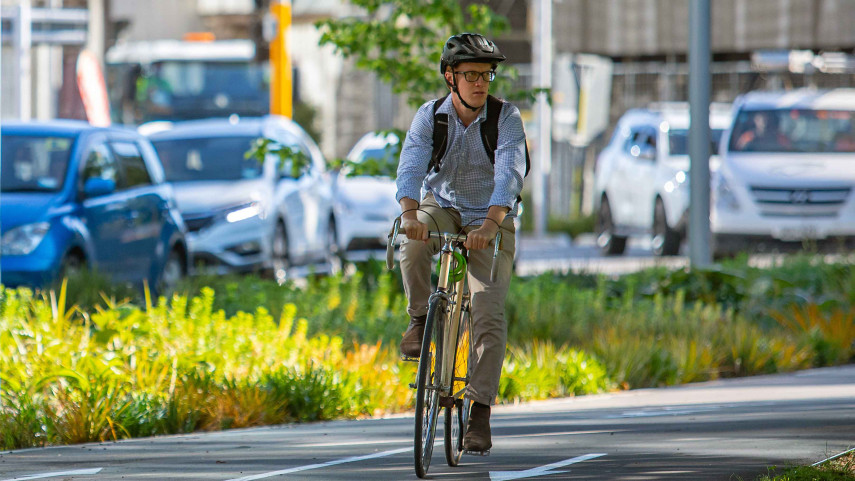
News from the Council chamber

Share this story
Read more about some of the key decisions made at the Christchurch City Council meeting.
Transport Choices programme reduction approved
Two transport projects in the Climate Emergency Response Fund Transport Choices package of works have been deferred, while nine others will go ahead when Government funding is secured.
The Mayor and Councillors approved a staff recommendation to progress with nine projects when Waka Kotahi NZ Transport Agency funding becomes available.
However, they decided to defer the Westmorland Cycle Connection and the northern section of the Simeon Street Cycle Connection, as well as scale the delivery of bus stops in Linwood to fit the available budget.
The decision was in response to Waka Kotahi asking the Council to make a 10 per cent cut to its programme after its funding pool was reduced by $50 million. It is now awaiting direction from the incoming Government, so no further funding agreements will go ahead with councils until this is in place.
If the Council’s projects do not receive Transport Choices funding, their delivery will be considered as a part of ongoing Long Term Plan discussions.
Naming Policy
The Council has adopted a new Naming Policy, which applies to the naming of parks, Council facilities and roads, and supports names which have a meaningful and enduring connection with the place they apply to.
The Policy will provide better guidance for the community, for community boards and for the business community involved in new developments that need new road names.
Outdoor Dining in Public Places Policy
Hospitality providers now have a more user-friendly set of rules that suit their modern needs, with councillors adopting the Outdoor Dining in Public Places Policy.
The new Policy was developed with input from the hospitality industry, and replaces and simplifies the Council's existing rules, which date from 1996 and 2006 and were no longer fit for purpose.
The Policy recognises that outdoor dining is a big part of Christchurch's culture and economy, and sets out how businesses should provide it in public places, including footpaths and parks. It supports smoke- and vape-free dining, provides for waste management where appropriate and a clear and simple management framework, and supports accessibility – the latter features developed using guidance from Waka Kotahi NZ Transport Agency. The Policy is flexible, and takes into account the different requirements that businesses in different locations and environments have, from the central city to rural townships.
The Council has also developed guidance for designing and operating outdoor dining areas, as well as new online forms and processes, and will progressively review current licences.
